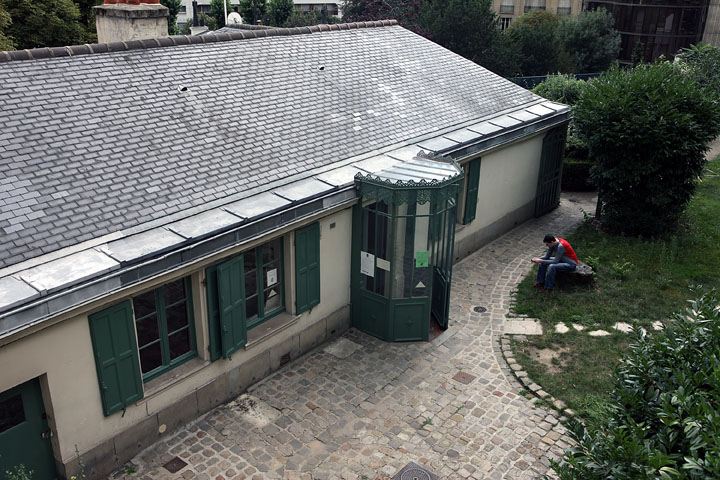Fleeing his creditors, in 1840, writer Honoré de Balzac rented this small house in what was then the village of Passy, where he lived for 7 years under an assumed name. He also worked like a demon: He was capable of writing for up to 20 hours a day for weeks at a time. The five rooms of Balzac’s apartments are hung with paintings and portraits of his family and friends, including several of Madame Hanska, whom he finally married after 18 years of passionate correspondence. There are also a few manuscripts and personal objects, including his turquoise-encrusted cane, which was the talk of Paris, and his monogrammed coffee pot, which kept him going through the marathon work sessions. In his office is the little table where he wrote The Human Comedy, “a witness,” he wrote to Madame Hanska, “to my worries, my miseries, my distress, my joys, everything . . . my arm almost wore out its surface from taking the same path over and over again.”
Paris
Travel Guide
Paris› Attraction
Maison de Balzac
47 rue Raynouard, 16th arrond.
 Markel Redondo
Markel Redondo
Our Rating
 Neighborhood
Champs-Élysées, Trocadéro & Western Paris (8th, 16th & 17th Arrondissements)
Hours
Tues–Sun 10am–6pm
Transportation
Métro: Passy or La Muette
Phone
01-55-74-41-80
Web site
Maison de Balzac
Other
Free admission for permanent collection
Neighborhood
Champs-Élysées, Trocadéro & Western Paris (8th, 16th & 17th Arrondissements)
Hours
Tues–Sun 10am–6pm
Transportation
Métro: Passy or La Muette
Phone
01-55-74-41-80
Web site
Maison de Balzac
Other
Free admission for permanent collection
Map
47 rue Raynouard, 16th arrond. ParisNote: This information was accurate when it was published, but can change without notice. Please be sure to confirm all rates and details directly with the companies in question before planning your trip.





 About our rating system
About our rating system


